

 Wednesday, November 2, 2016
Wednesday, November 2, 2016
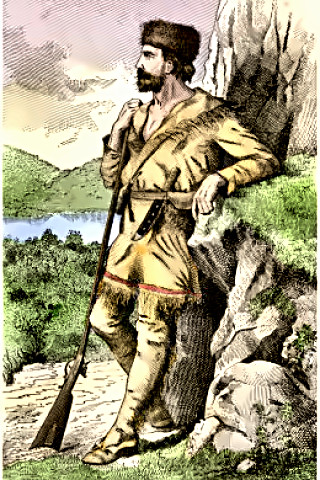
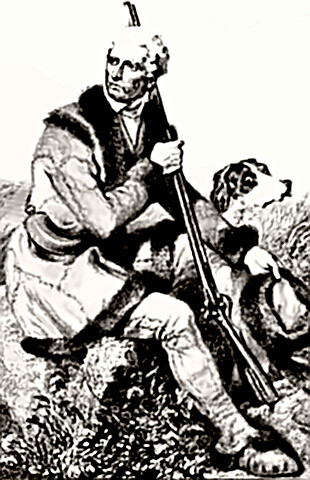
[1734 - Daniel Boone, frontiersman, explorer, born near Reading, Pennsylvania]
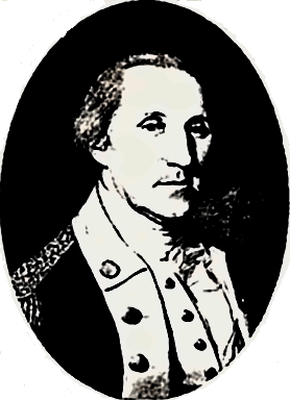
[1783 - General Washington issues Farewell
Orders disbanding Armies of United States]
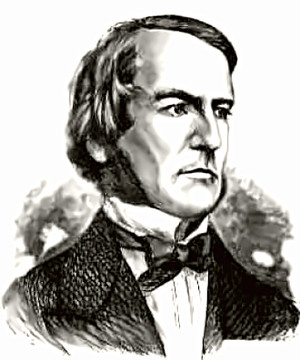
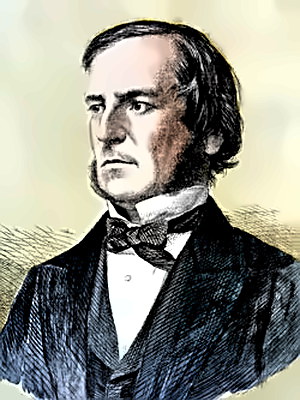
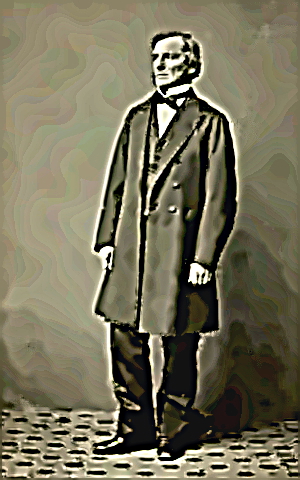
[1815 - George Boole, mathematician, educator, philosopher and logician, born in Lincoln, Lincolnshire, England]
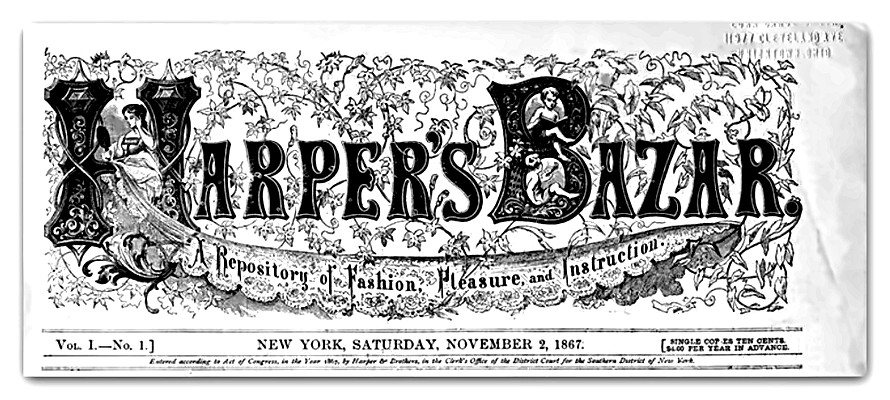
[1867 - Harpers Bazaar publishes its inaugural issue]
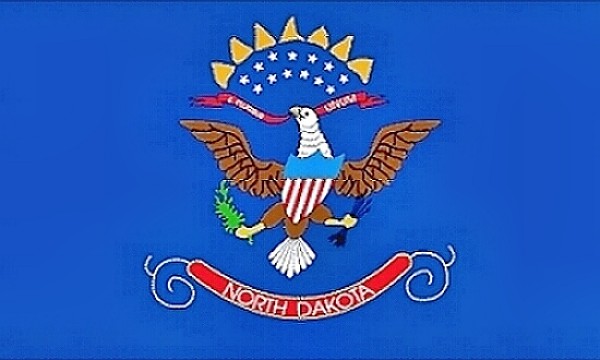
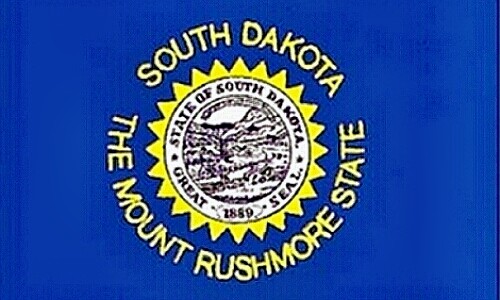
[1889 - North and South Dakota are admitted to the Union]
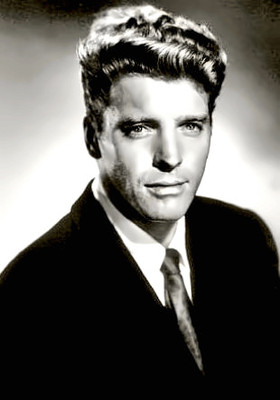
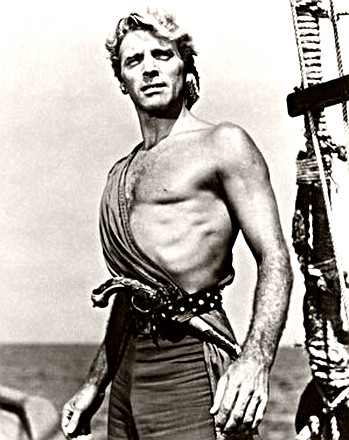
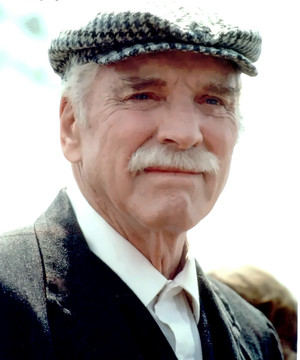
[1913 - Burt Lancaster, Academy Award-winning actor, born in New York City]
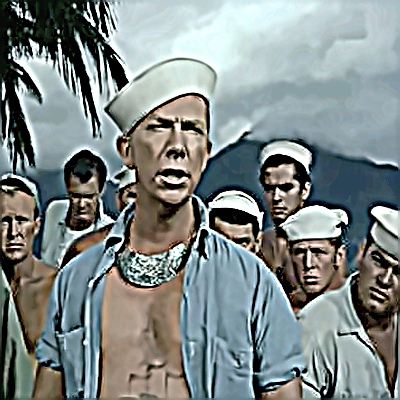
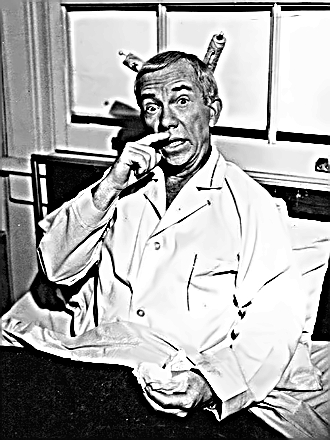
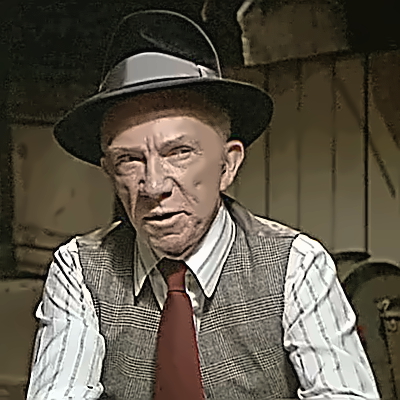
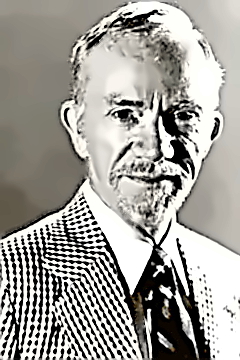
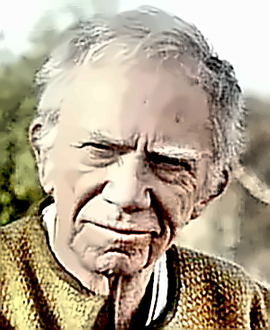
[1914 - Herman Raymond "Ray" Walston, Emmy Award-winning actor, born in Laurel, Mississippi]

[1947 - The First and only flight of the 'Spruce Goose' (Hughes H-4 Hercules) takes place with Howard Hughes as the test pilot]
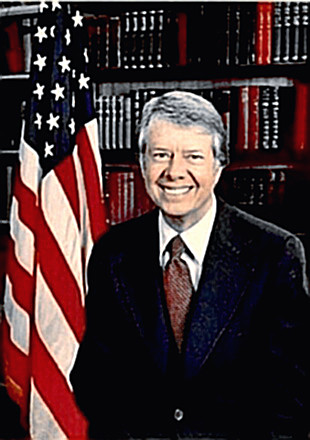
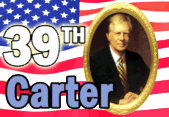
[1976 - Jimmy Carter (last president not to lie to us) is elected president]
Farewell to Arms
It was on this date in 1783 that General George Washington, Commander-In-Chief of the Armies of the United States issued his last orders, disbanding the army and announcing his pending resignation from command. He did so pursuant to a Proclamation of Congress issued the preceding month, (18 October 1783). It was only two years before, in October 1781, that the British General Cornwallis had surrendered to Washington at Yorktown, thus effectively ending The Revolutionary War. The Treaty of Paris had been signed just a few months earlier on September 3, 1783, formally ended the American Revolutionary War between Great Britain and the United States.
You can read the entire text of Washington's order at the following site: George Washington Papers
In it general Washington says to the troops:
. . . And shall not the brave Men who have contributed so essentially to these inestimable acquisitions, retiring victorious from the Field of War, to the Field of Agriculture, participate in all the blessings which have been obtained? In such a Republic, who will exclude them from the rights of Citizens and the fruits of their labours? In such a Country so happily circumstanced the persuits of Commerce and the cultivation of the Soil, will unfold to industry the certain road to competence. To those hardy Soldiers, who are actuated by the spirit of adventure, the Fisheries will afford ample and profitable employment, and the extensive and fertile Regions of the West will yield a most happy Asylum to those, who, fond of domestic enjoyment are seeking for personal independence. . .
Remember that at this point in history the Constitution had not yet been drafted, let alone ratified by the requisite nine states. The nation that was to become the USA was anything but a superpower. With the help of France and other European powers, we had managed to defeat the expeditionary forces of the British Empire. What was to become the United States of America was probably viewed by most other countries in the world as a bunch of colonists who had gotten lucky and won their independence. How then was Washington and the Congress secure enough in the prospects of keeping that hard-won independence that they could just disband the army at such a time?
When one looks at the Constitution that was to be adopted several years down the road, and the conditions that prevailed at the time, one sees that neither Washington nor the other Founders contemplated keeping a large standing army. The newly born US nation could neither afford nor support such permanent military forces. Would that this kind of reasoning have lasted until the present, just as it well served our nation until the time of the Second World War.
William's Whimsical Words:
History teaches us that nations that keep large military forces in times of peace inevitably invent a reason to use them.
 to Almanack Main Page
to Almanack Main Page
